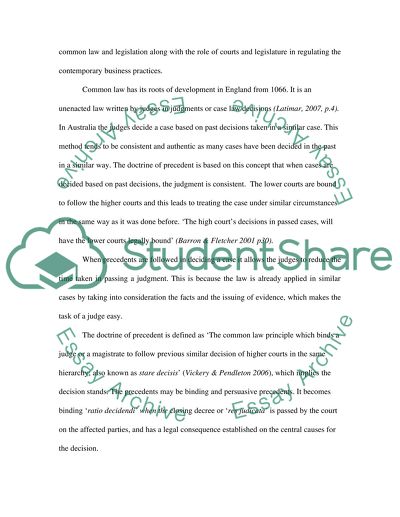Cite this document
(“BUSINESS LAW Essay Example | Topics and Well Written Essays - 2250 words - 1”, n.d.)
BUSINESS LAW Essay Example | Topics and Well Written Essays - 2250 words - 1. Retrieved from https://studentshare.org/miscellaneous/1501697-business-law
BUSINESS LAW Essay Example | Topics and Well Written Essays - 2250 words - 1. Retrieved from https://studentshare.org/miscellaneous/1501697-business-law
(BUSINESS LAW Essay Example | Topics and Well Written Essays - 2250 Words - 1)
BUSINESS LAW Essay Example | Topics and Well Written Essays - 2250 Words - 1. https://studentshare.org/miscellaneous/1501697-business-law.
BUSINESS LAW Essay Example | Topics and Well Written Essays - 2250 Words - 1. https://studentshare.org/miscellaneous/1501697-business-law.
“BUSINESS LAW Essay Example | Topics and Well Written Essays - 2250 Words - 1”, n.d. https://studentshare.org/miscellaneous/1501697-business-law.


